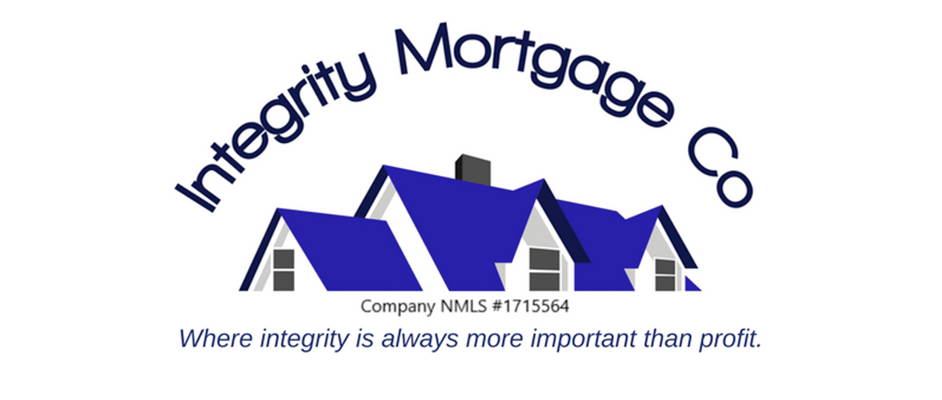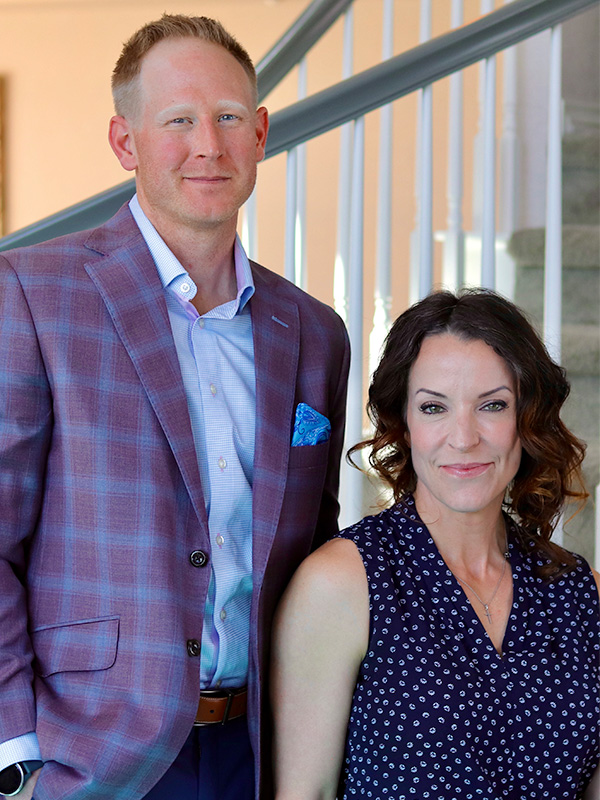FHA Cash-Out Refinance
At Integrity Mortgage.What Are My FHA Refinance Options?
Two FHA refinance programs are available depending on your needs, but only one lets you get cash out of your home’s equity.
The first is an FHA Streamline Refinance, which allows people who already have an FHA loan to refinance into another FHA loan with less documentation and paperwork. But one of the restrictions of an FHA Streamline Refinance is that the homeowner cannot take cash from the refinance. All of the funds from the refinance need to pay the current FHA loan.
The second FHA refinance loan is the FHA Cash-Out Refinance loan. With this type of loan, a homeowner refinances a loan that carries a larger balance than is currently owed with the purpose of providing the homeowner excess funds. It is possible to transition from a conventional mortgage to a FHA Cash Out Refinance Loan.
What are the Benefits?
The benefits of receiving cash over and above the amount that goes to paying off an existing mortgage is that the borrower may apply the excess funds to any number of projects or purchases. This cash can be used for:
- College tuition
- Home improvement projects
- Paying a car loan or buying a new car
- Debt consolidation
In addition, a borrower can, under certain circumstances, use the opportunity to lower their interest rate, change the loan term and/or transition from an adjustable rate to a fixed rate, in addition to receiving excess funds. Lastly, the FHA Cash-Out Refinance allows the borrower to refinance as much as 85% of the home’s value.
What Considerations Should Be Made?
Although FHA Cash-Out Refinances have a lot to offer borrowers, there are some disadvantages that need careful consideration. All FHA loans require mortgage insurance premiums that add to the closing costs and the monthly payments. So, if your home has significant equity, it may be best to stick with a conventional cash-out refinance.
What Is My Eligibility & What Are The Guidelines?
When applying for an FHA Cash-Out Refinance, a licensed loan officer will review your income, assets, your credit history, and a brand new appraisal report on your property. FHA Cash-Out Refinance loans require the homeowner to meet specific debt-to-income ratio guidelines. Additionally, it’s important to note that FHA Cash-Out Refinance loans are strictly for owner-occupied properties and are not granted in cases of delinquent mortgage payment histories. Should a borrower be in a property for less than a year, then the lower of either the appraised value or original purchase price will be used to calculate the maximum loan amount.
- Call: 303-809-5418
- Email: Norah@IntegrityMortgageCo.com



